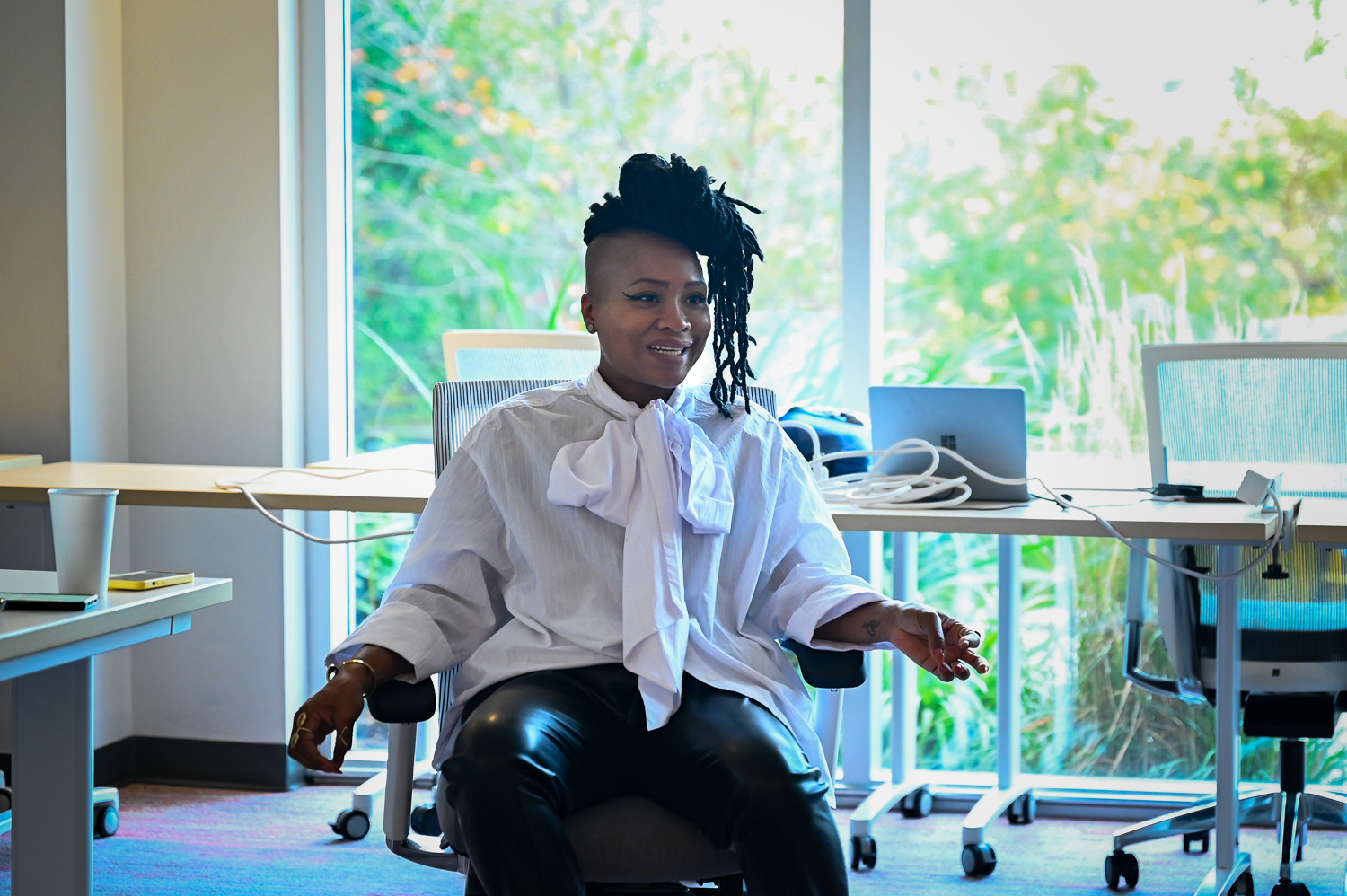The Black Founders in Clean Technology (BFIC) certificate at Sheridan marked a significant milestone as a cleantech program created specifically for Black entrepreneurs in Canada. Over two years, this groundbreaking initiative supported two cohorts and welcomed 27 participants —paving new pathways for Black founders to lead and innovate in the country’s growing clean technology sector.
The BFIC program offered 10 sessions, including eight focused on building skills and community, plus two self-directed ‘activation sessions’, allowing founders to put their learnings into practice. Personalized coaching and guest speakers from the cleantech industry provided participants with practical insights, mentorship, and real-world connections to help accelerate their ventures. BFIC was a joint effort between the Afro Caribbean Business Network (ACBN) and Sheridan’s EDGE Entrepreneurship Hub, with support from the Pilon School of Business and Continuing and Professional Studies (CAPS).
Based on Ubuntu, an African philosophy that emphasizes interconnectedness and mutual responsibility, BFIC students analyzed the market potential of their business idea, crafted a compelling value proposition and built networks withother founders, funders and community resources to further their personal and venture development during the course.
“While working with Black entrepreneurs, we saw gaps in business infrastructure, mental health support, intergenerational connections and representation in the cleantech industry,” said Ryan Knight, ACBN Co-Executive Director and Cofounder. “While the Government of Canada has so far provided $2.2 billion towards cleantech projects, few Black founders are entering this space. To combat this, we joined forces with our long-standing partner, Sheridan EDGE, to design an introductory certificate in cleantech to expose Black founders to the industry. Our aim was giving Black founders a deeper understanding of the industry to help them start businesses in this sector.”
BFIC was co-developed and led by Sheridan professor Shereen Ashman, along with experienced clean technology entrepreneurs. The program provided both theoretical foundations for participants and learnings from practitioners who shared real-world examples of success.
“Black Founders in Clean Technology was designed to integrate African and Black ways of learning, sharing, and building community. This 10-week experience supported Black founders in exploring how to incorporate cleantech into their businesses. It featured 10 speakers who are already integrated into the industry, and through them, the founders learned about different niches in clean tech,” said Ashman. “The course integrated the traditional philosophy of Ubuntu – I am because you are – in its offerings.”

The BFIC program was well received by participants, who were driven to think creatively, while enjoying a sense of community when building a business.
“One of the things I loved about this program was that I was with other Black entrepreneurs,” said Renee Smith, BFIC participant and co-founder of Hussey Logistics. “Being around your group in the community made a huge difference in my getting a lot from this program. I didn’t realize how the logistics industry impacts the environment, so building a cleantech company is going to give us an edge in our industry. I recommend any Black entrepreneur be part of this program.”
Fellow participant David Lewis said that “I’ve had to think outside the box in a different approach to learning and more importantly, students had the chance to work on a business plan and model where we’ve been able to take our life and business experiences and put it on a framework giving us a better chance of success.”
The Black Founders in Clean Technology pilot project was successfully completed in December 2024. ACBN and Sheridan EDGE continue to collaborate, including on community-building events like the annual Legacy Symposium. To learn more about the Legacy Symposium, visit this link.

